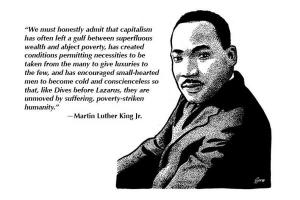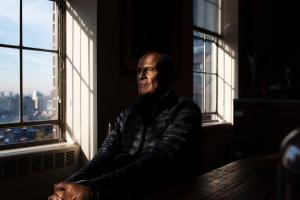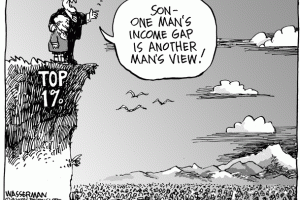Out of Sight, Out of Mind: On Locking up Our Own
London Review of Books
 If anyone doubted Black Americans still today suffer unfairly from incarceration rates and other horrific inequities out of all proportion to their numbers in the population, the case was closed by Michelle Alexander in her masterly The New Jim Crow (2010). Comes now James Forman Jr., to argue convincingly that key sections of the black community themselves abetted the criminalizing of black youths in a misguided effort to make so-called law and order work for them.
If anyone doubted Black Americans still today suffer unfairly from incarceration rates and other horrific inequities out of all proportion to their numbers in the population, the case was closed by Michelle Alexander in her masterly The New Jim Crow (2010). Comes now James Forman Jr., to argue convincingly that key sections of the black community themselves abetted the criminalizing of black youths in a misguided effort to make so-called law and order work for them.









Spread the word